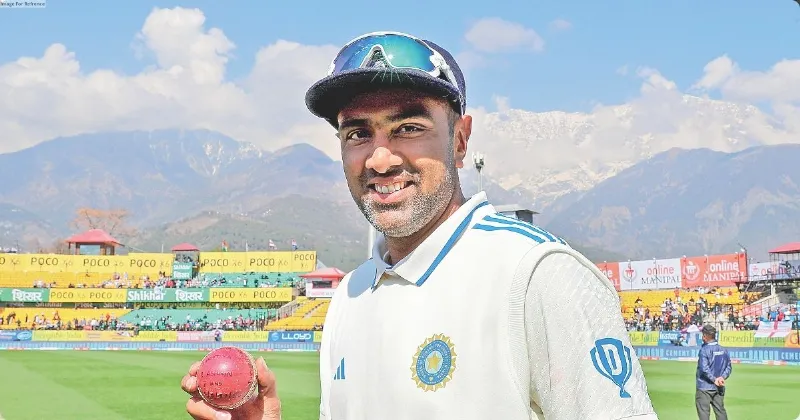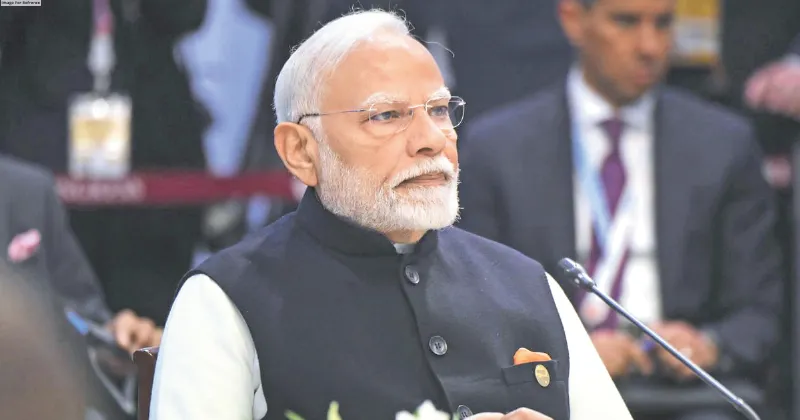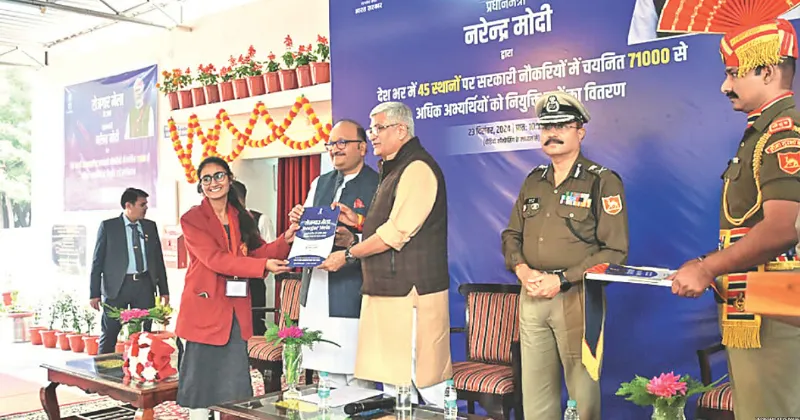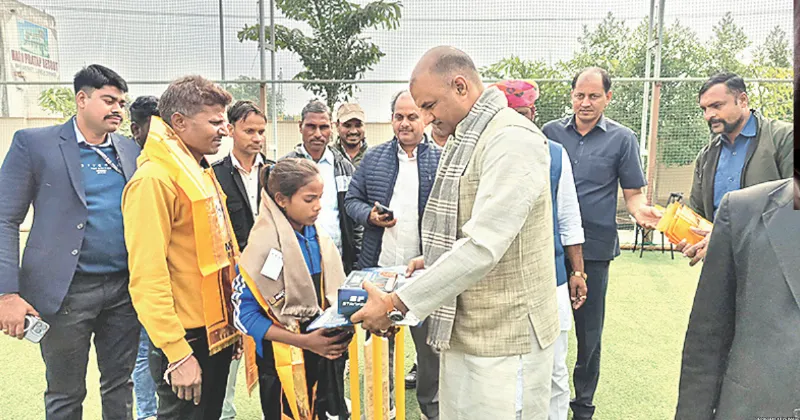Latest News
Lessons to Learn after India’s early exit from Women’s T20 WC
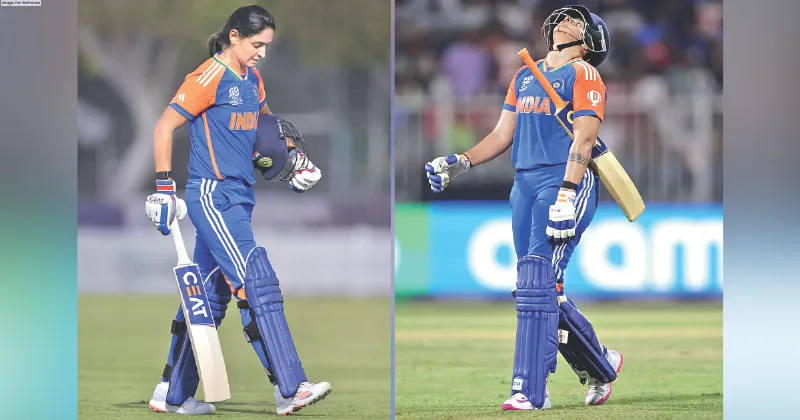
It has been a rather forgetful last fortnight for the Indian Women’s Cricket fans. The unexpected early exit from the 2024 Women’s T20 World Cup has prompted questions about leadership, strategy, and the future of the T20 side. Now, with the Women’s ODI World Cup scheduled to take place in India next year, it will be interesting to note what steps BCCI intends to take at this important juncture to boost India’s chances to lift their first ICC championship ever.
This was a new low for the women’s team, as this is the first time since the 2016 T20 World Cup that they failed to make it past the group stage. Many in the BCCI believe that there is an urgent need for a clear direction to harness the potential of India’s young talents. India’s campaign began with a heavy defeat to New Zealand, a 58-run loss that put the team’s net run rate (NRR) in jeopardy. Although they managed to beat arch-rivals Pakistan in the following match, India struggled to finish the game decisively, taking longer than expected to chase 106 and in the process hampering their semi-final chances.
While India was good against Sri Lanka , they lacked the belief in the crucial final group game against Australia. Winning and losing is part of the game but the team’s lack of role clarity was apparent once again. The uncertainty surrounding the number 3 batting position, a problem that has plagued the team since the start of the year, resurfaced. The management’s decision to shuffle six different batters into the role throughout the year reflects the team’s broader issues with strategy and consistency.
Then one of the most glaring moments of poor decision-making came in the closing stages of the match against Australia. With India needing 13 runs from the final six balls, Harmanpreet chose to take a single instead of taking the responsibility of finishing the game. She passed the strike to Shreyanka Patil, putting immense pressure on the young player to hit two sixes off two balls to win the match. This was a massive mistake and one that was called out by many experts as well, ultimately resulting in India’s loss.
These decisions have also put Harmanpreet and her captaincy in the spotlight. Moreover, India clearly lacked the confidence in their approach. They needed to take a leaf out of the Men’s cricket teams’ book, who earlier in the year won their second T20 World Cup through a fearless mindset. The Indian girls appeared a bit timid in crucial moments and ultimately paid the price for it.
As many experts debate about Harmanpreet’s future as T20 captain, two names have emerged as potential successors - Smriti Mandhana and Jemimah Rodrigues. Both are fine players but have underperformed in the T20 World Cup. Mandhana is the current vice-captain and has led the Royal Challengers Bangalore to a title victory in the Women’s Premier League (WPL) this year.
Jemima has found support from former captain Mithali Raj who suggested that her sharp cricketing mind and energy is fit for the role of T20 captain.
While Mandhana brings experience and stability, Rodrigues offers a longterm solution, and her fresh approach could provide the spark the team needs to break its ICC title drought.
But until the errors are worked upon, the bigger problems will remain the same, irrespective of the leadership change. All through the World Cup, India’s fitness and fielding standards were poor and well below the levels set by teams like Australia, England or South Africa. The decision making by the players individually was muddled as well. Smriti Mandhana played a 12 ball 6 run innings against Australia when the required rate was high. Richa Ghosh who is regarded as a hitter in the Indian team, was taking risky singles when the need was to score boundaries!
As India prepares for the upcoming ODI series against New Zealand, the BCCI has for the moment entrusted Harman with the captaincy duties. But the selectors will be closely watching her performance, as it could determine her future as captain even in the 50-over format. Harmanpreet’s contributions to Indian cricket are unquestionable. She remains a vital player for the team, and if a leadership change does occur, it could free her up to focus on her batting, which will be crucial for India’s success in future ICC events.
THE VIEWS EXPRESSED BY THE AUTHOR ARE PERSONAL
Siddhaarth Mahan The writer is a specialist on Sports and Cinema who works as an actor in the Hindi film industry






